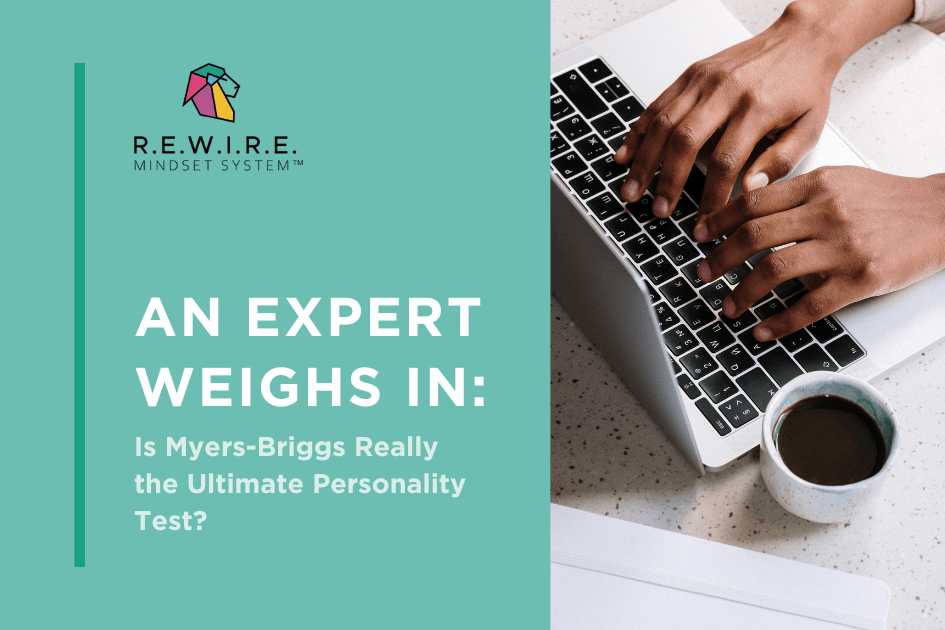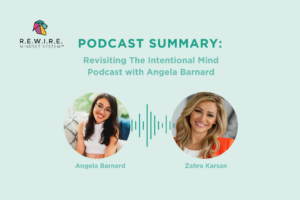Understanding ourselves and others can be a deeply illuminating journey, and personality tests provide a framework for exploring the intricacies of human behavior.
One widely-known assessment is the Myers-Briggs Type Indicator (MBTI). In this five-minute read, I’ll introduce you to the basics of the Myers-Briggs system, discuss its similarities and differences with other popular personality tests, and shed some light on its shortcomings.
The Myers-Briggs Type Indicator (MBTI): A Brief Overview
The MBTI is based on the work of psychologist Carl Jung and was developed by Katherine Briggs and her daughter Isabel Myers.
It classifies individuals into 16 distinct personality types based on four dichotomies: Extraversion (E) vs. Introversion (I), Sensing (S) vs. Intuition (N), Thinking (T) vs. Feeling (F), and Judging (J) vs. Perceiving (P).
The Four Pillars of Myers-Briggs
Myers Briggs focuses on four foundational elements to a personality:
1. What’s your favorite world?
- The outer world (Extroversion)
- The inner world (Introversion)
2. How do you prefer to process information?
- Do you interpret the events around you (Sensing)
- Do you add meaning (Intuition)
3. How do you like to make decisions?
- Do you prefer to base your decisions on logic and consistency (Thinking)
- Do you also take into account people and circumstances (Feeling)
4. How do you look at the structure of the world?
- Do you prefer to have things decided (Judging)
- Do you prefer to stay open to new information and other views (Perceiving)
The first dichotomy, Extraversion vs. Introversion, determines whether individuals gain energy from external stimuli or by reflecting on internal thoughts and ideas.
Sensing vs. Intuition reflects how people gather and process information, with sensors relying on concrete data and details, while intuitives focus on patterns and possibilities.
Thinking vs. Feeling relates to decision-making, with thinkers prioritizing logic and objective analysis, while feelers emphasize compassion and personal values.
The final dichotomy, Judging vs. Perceiving, refers to individuals’ preferences for structure and organization or adaptability and spontaneity.
The 16 Personalities test takes the 16 combinations of the output of Myers Briggs and describes these personalities as different personality “archetypes” that describe how each one interacts with the world around them.
Comparing MBTI to Other Personality Tests
While the MBTI is one of the most well-known personality assessments in the world, it’s important to recognize that it has its similarities and differences when compared to other systems.
One of the key similarities between MBTI and other tests (say, the Big Five model), is the goal of understanding and categorizing personality traits.
However, the Big Five model focuses on five broad dimensions of personality (Openness, Conscientiousness, Extraversion, Agreeableness, and Neuroticism) without assigning individuals to distinct types.
Another important distinction lies in the approach of the MBTI compared to the clinical assessment tool, the Diagnostic and Statistical Manual of Mental Disorders (DSM). The MBTI is not intended for diagnosing mental health conditions, but instead provides nuanced insights into an individual’s preferences and tendencies.
Shortcomings of the MBTI
While the MBTI has gained popularity and has been utilized in various contexts, it’s not without its limitations.
Firstly, the MBTI relies on dichotomies, which can oversimplify the complexity of human personalities. People often fall on a spectrum rather than fitting neatly into one category or another (introverted vs. extroverted). This oversimplification can limit the accuracy and precision of the results, potentially leading to misinterpretation.
Secondly, the MBTI doesn’t account for personality development and change over time.
Personality is a dynamic aspect of human nature, influenced by experiences, growth, and cultural factors. For this reason, a person’s MBTI type might not capture the entirety of their personality across different stages of life, or as they heal from traumatic experiences.
Additionally, the MBTI lacks strong empirical evidence supporting its validity and reliability. Critics of the test sometimes argue the test doesn’t consistently produce consistent results, raising questions about its overall ‘scientific rigor’.
Getting a Fuller Picture: Introducing the Life Block Quiz
Let’s go back to the brilliant work of Carl Jung for just a moment.
Jung was fascinated with the unconscious.
In the field of neuroscience, neuro-linguistic programming, and hypnotherapy, it’s believed that we are 5% conscious and 95% unconscious/subconscious.
The prime function of the unconscious is to keep us safe, healthy, and alert. Now, from an evolutionary aspect, this serves to keep us alive!
But many scholars have questioned how the unconscious mind came to also influence how we think, feel and behave when it was just meant to be a survival mechanism. Is there a way to tap into that unconscious —that 95% of us—so that we can have more power over our own thoughts, feelings, and behaviors?
This is the work of the Life Block Quiz.
When you take the Life Block Quiz, the questions are designed to elicit your unconscious or subconscious responses so that you can peek under the hood and see how your unconscious ‘engine’ is built.
The result of the Life Block Quiz is your personality described as a series of Animal Archetypes, giving you the insight into where your fears come from, what blocks you in finding deep and meaningful connections with your loved ones, and what’s stopping you from achieving your goals towards happiness and success.
Both of these personality assessments are based on the studies of Carl Jung and the unconscious, giving you a fun and engaging way to understand yourself and those around you better so that you can have a more fulfilling life!
Key Takeaways: More Variety is Better
The Myers-Briggs Type Indicator serves as a popular framework for exploring personality dimensions and understanding ourselves and others better. Its four dichotomies provide a basic structure for categorization, enabling individuals to gain insights into their preferences and tendencies.
However, it’s crucial to recognize the limitations of the MBTI. Its reliance on dichotomies, oversimplification of personality, limited focus on development, and lack of empirical evidence raise important concerns about its accuracy and validity.
While the MBTI can offer a starting point for self-reflection and understanding, it’s essential to approach it with a critical mindset, acknowledging its strengths and weaknesses.
Exploring various personality assessments, including the Life Block Quiz, can provide a more comprehensive view of ourselves and those around us!









